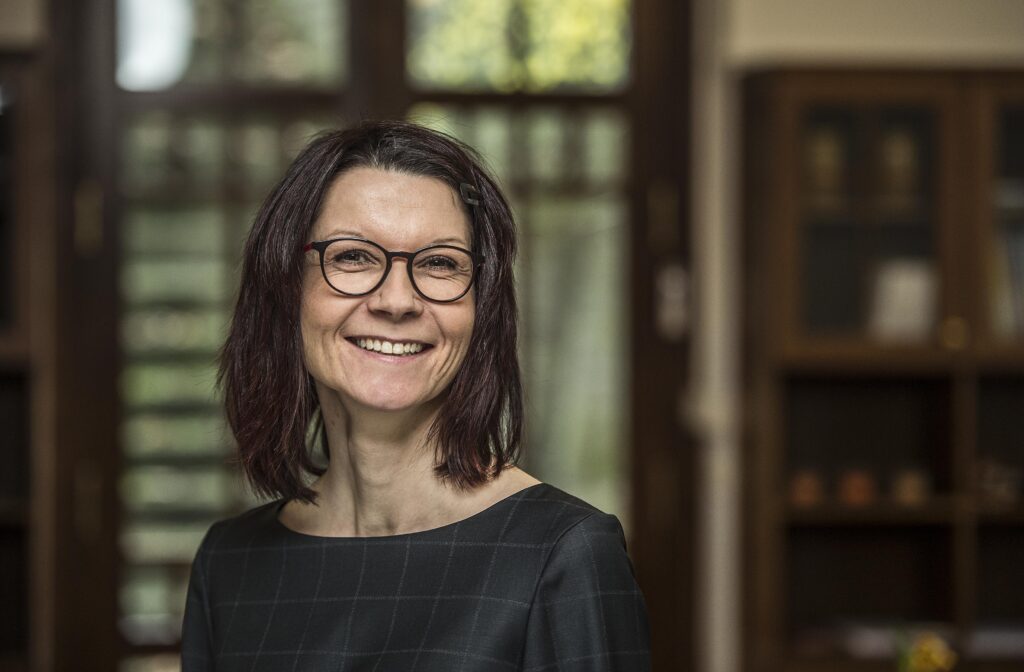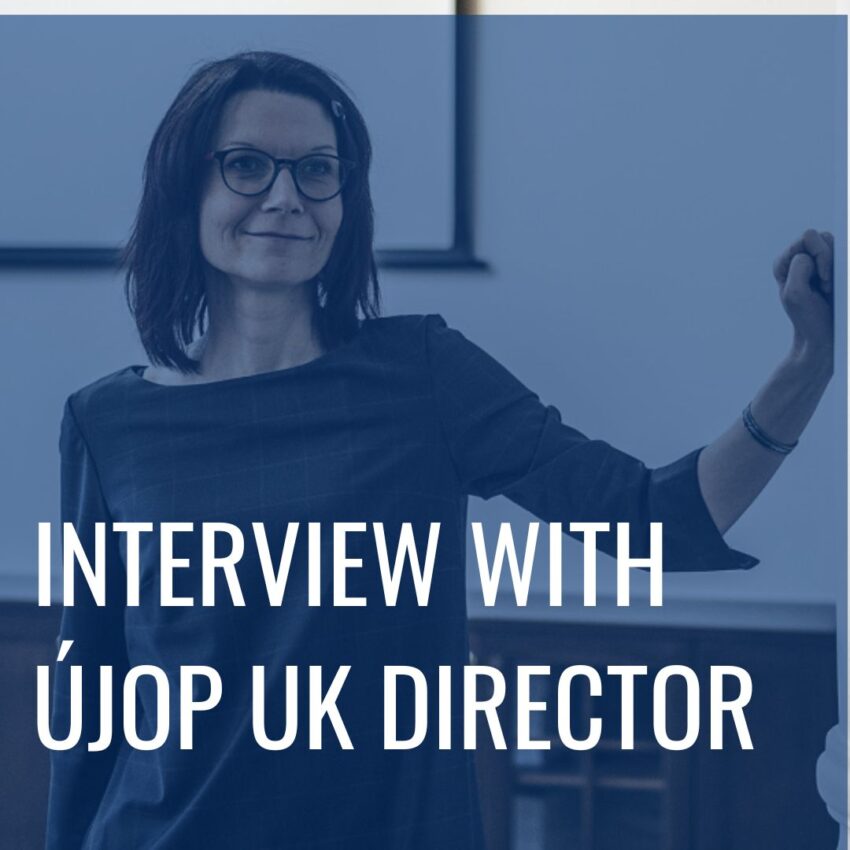With the support of The Kellner Family Foundation, Charles University is opening free one-year courses for Ukrainian high school graduates who are interested in studying at universities in the Czech Republic. „We see it as a support for Ukraine in the medium term, because, of course, studying will take some time. But the advantage is that young people will get the supportive environment and much-needed peace of mind for their studies,“ says the director of the Institute for Language and Preparatory Studies of Charles University, Dana Hůlková Nývltová.
What fields of study do you prepare students for?
We prepare students for a wide range of fields. We offer programs in five areas – technical, economics, humanities, arts and natural sciences. The programs take place at two different locations, future technicians and economists are trained in Poděbrady and other participants in Prague. Our scheme is based on the fact that both locations are close and many activities can take place jointly.
The program starts in September, how does it continue during the academic year?
Our program is actually like a set of courses. It starts with an adaptation course, which we can imagine as a kind of language-cultural introduction. It is followed by a course of commonly-spoken Czech and then a course of specialized Czech, which is at this point divided according to the fields of study. Related to this are the special subjects selected depending on which university students will apply to and what entrance exams they are going to take. If someone wants to study, for example, economics, they will have mathematics and English classes, on the other hand, those who are going to study technology will attend physics, computer science or descriptive geometry in addition to mathematics.
So is it only a matter of knowledge of Czech in a subject?
It is actually teaching specialized subjects in Czech, and it depends specifically on what knowledge students come with. It is perfect if they already know the field and only switch to Czech. But it differs, sometimes students have to learn factual knowledge in the field. The goal is therefore to even the field knowledge and then to teach professional Czech. In practice, this means that, for example, those students who will apply for the technical field will not deal with analyzes of texts on economics in Czech.

Over 600 students from all over the world study at this type of program annually. What is your experience with the Ukrainians being successfully admitted to Czech universities?
Ukrainian is a Slavic language, language proximity is a great advantage, and progress in Czech tends to be great for these students. The success rate of consecutive admission to university is high. If a student does not change their mind during the preparation, they usually get to a university. In general, we have a lot of experience in preparing students from Ukraine, we also have a Ukrainian-speaking study consultant in the program and other colleagues who know their language and culture well.
This year, you are going to accept 75 Ukrainian high school graduates who plan to continue their studies in the Czech Republic. The advantage in the selection procedure is whether someone gets involved. Can you please explain this?
Yes, it is an advantage if someone is engaged in volunteering in their spare time. It is a sign of motivation and a certain interest, it may even be the need to realize their potential in the chosen field. Some of our students, for example, are tutoring their mother tongue in the Czech Republic or want to study pedagogy later, and therefore help with children’s groups.
What is the point of offering such courses?
We want to open the way for people who are brave, who want to study in a foreign country and graduate from a high-quality school in a democratic society. As for the students from Ukraine, we want to offer them an opportunity to study in a peaceful environment. Ukraine will need them in the long term during the post-war reconstruction of the country, no matter whether they return there or whether they will support their country from a diaspora. Experience shows that Ukrainians who live abroad are strongly attached to their home country and thus support it. If we help them get quality education, they will not just work as cleaners or administrative officers, instead they can become lawyers, economists or doctors. Ninety percent of them will somehow return it to Ukraine. I think that makes a lot of sense. Of course, we have opened Czech language courses for refugees at the very beginning of the conflict, but this is a longer-term support that will be needed during the reconstruction of the country. We want to offer what we can do, and that is education.
